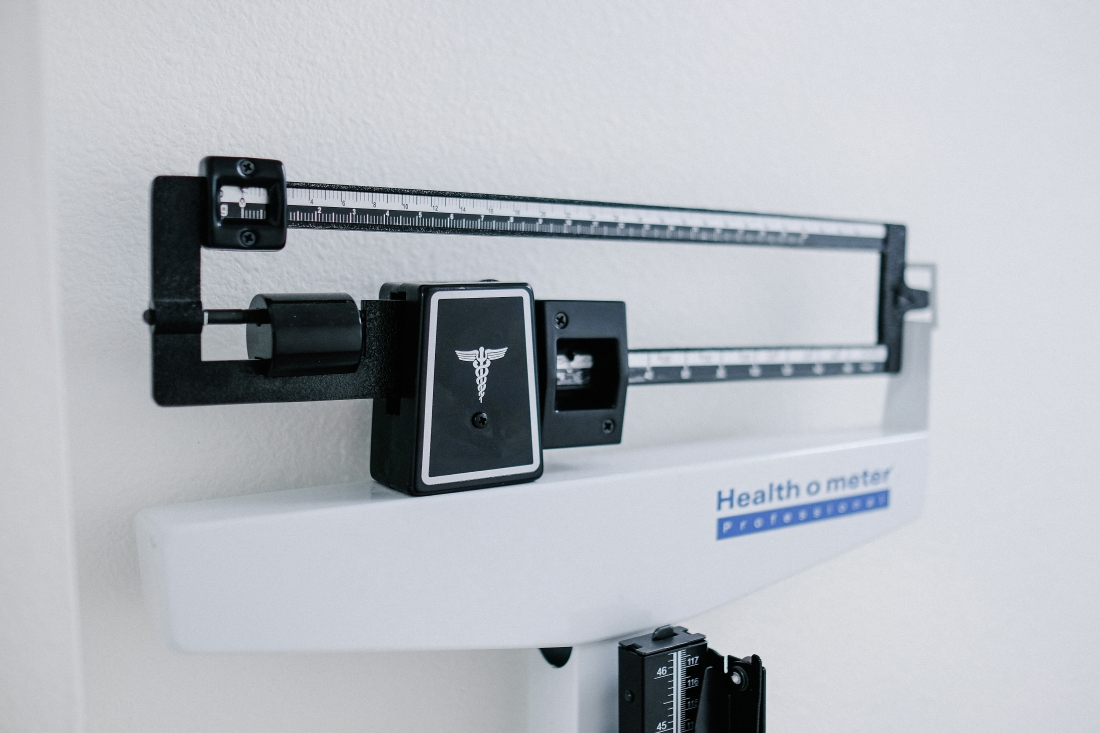When single mom Lisa found her 7-year-old son Liam losing focus halfway through the school day, she chalked it up to routine. But the scribbles on his homework—erased and rewritten—never improved. Then came a midyear checkup, followed by a suggestion to test for MTHFR. The result changed everything. Swapping out regular folic acid for a methylfolate-based multivitamin seemed like a small change. Yet within days, Liam’s energy and mood shifted noticeably.
That’s the promise—and reality—behind methylated vitamins for kids. These aren’t a passing trend. They offer a science-based way to ensure nutrients are actually absorbed and used by a child’s body. And for many families, that difference is worth exploring.
Why Methylated Forms Matter
Think of vitamin conversion like translating a language. Your child’s body might struggle to understand “folic acid,” but methylated forms speak directly to the cells.
Around 30–40% of people have a variation in the MTHFR gene, meaning standard folate doesn’t get used properly. The result: fatigue, irritability, or attention trouble—even when supplements or fortified foods are in place.
Using L-5-MTHF (methylfolate) and methylcobalamin (active B12) skips this step. It’s ready-made nutrition for bodies that need help processing it.
Signs Your Child May Benefit
If you’ve noticed any of these, it might be worth looking closer:
-
Poor concentration despite good sleep and diet
-
Mood swings that feel sudden or amplified
-
Tummy troubles or sluggish digestion that emerge with school-age
-
Lackluster energy—even after a weekend of rest or exercise
-
Family history of folate-processing issues or genetic concerns
A pediatrician or nutritionist can help evaluate these signs and may recommend testing before you change supplements.
Four Methylated Options That Work
Here’s what parents and clinicians recommend most often:
-
Methylfolate (L‑5‑MTHF) – Critical for brain development, mood, and cellular repair. Easily absorbed, reliable.
-
Methylcobalamin (Active B12) – Supports energy, nerve health, and neurotransmitters that keep children calm and balanced.
-
Methylated Multivitamins for Kids – Complete blends that include both active B vitamins alongside magnesium, zinc, and vitamin D.
-
Methylated Magnesium – Supports sleep and muscle relaxation, especially when taken in evening formulations.
Many parents see change in patterns of energy, school performance, and mood within weeks of consistent use.
Real-Life Feedback from Parents
-
“My daughter suddenly loves reading again,” says Jenna from New York. She struggled all year—then got a methylated multivitamin, and now she reads one extra chapter every night.
-
“Even our doctor noticed it,” says Aaron in Sydney. He told us Liam showed more focus during testing weeks—fewer wandering eyes than before.
-
“It wasn’t dramatic, just reliable,” says Claire, mom of a 9-year-old in London. “But that subtle shift—calmer mornings, fewer fights—was huge.”
These are not marketing blurbs; they’re snapshots of normal life improved through small changes.
How to Choose the Right One
A few quick rules prevent overwhelm:
-
Check labels: Seek products with methylfolate, methylcobalamin, and third-party certifications.
-
Avoid fillers: No artificial colors, unnecessary sugar, or harsh preservatives.
-
Stick to pediatric dosages: Kids don’t need adult-strength supplements.
-
Consult first: Your pediatrician can help personalize the choice.
Safety and Side Notes
These vitamins are gentle—but that doesn’t mean “no risk.” A few parents report mild headaches or vivid dreams during early days. Typically, these pass in a week or two.
Staying with one supplement for a month before adding another helps isolate changes. And always keep your provider in the loop—standard protocol, always.
Common Questions Parents Ask
Q: Can I give these without testing?
A: Some do start before testing, especially when noticing real behavior or mood changes. Testing helps personalize it—but it’s not mandatory when under a doctor’s guidance.
Q: How soon before results appear?
A: Many families notice energy or calm shifts in 10–14 days. Full focus, sleep, and digestion improvements may take 4–6 weeks.
Q: Will they hurt if they’re unnecessary?
A: In most cases, no. They’re generally safe at kid-appropriate dosages. But it’s best to consult a nutrition-savvy pediatrician.
When It’s More Than Vitamins
Methylation affects health in multiple ways. If your child has ongoing anxiety, persistent tummy issues, or developmental challenges, a professional can help you dig deeper—sometimes exploring methylation markers beyond vitamins.
A Simple, Practical Plan
Here’s a clear starting route without overcomplication:
-
Choose a reputable methylated multivitamin with active folate.
-
Start slowly and consistently—no future ads, no hype.
-
Spend 2 weeks observing energy and mood.
-
Track using a simple note: “Teacher said focus was better Monday.”
-
Adjust only after 4 weeks and professional guidance.
This slow, safe route respects both your caution and your family’s needs.
Final Reflection
Parents often say the most powerful moments aren’t fireworks—they’re quiet mornings when kids just work better.
One told me, “I didn’t expect gratitude journals or study sessions. I expected nothing. But those calm mornings? Gift enough.”
That’s the real value of smart nutrition tweaks—nothing flashy, but everything real. If you’ve wondered whether methylated vitamins for kids are worthwhile, consider it not just a supplement, but a small lifeline.





